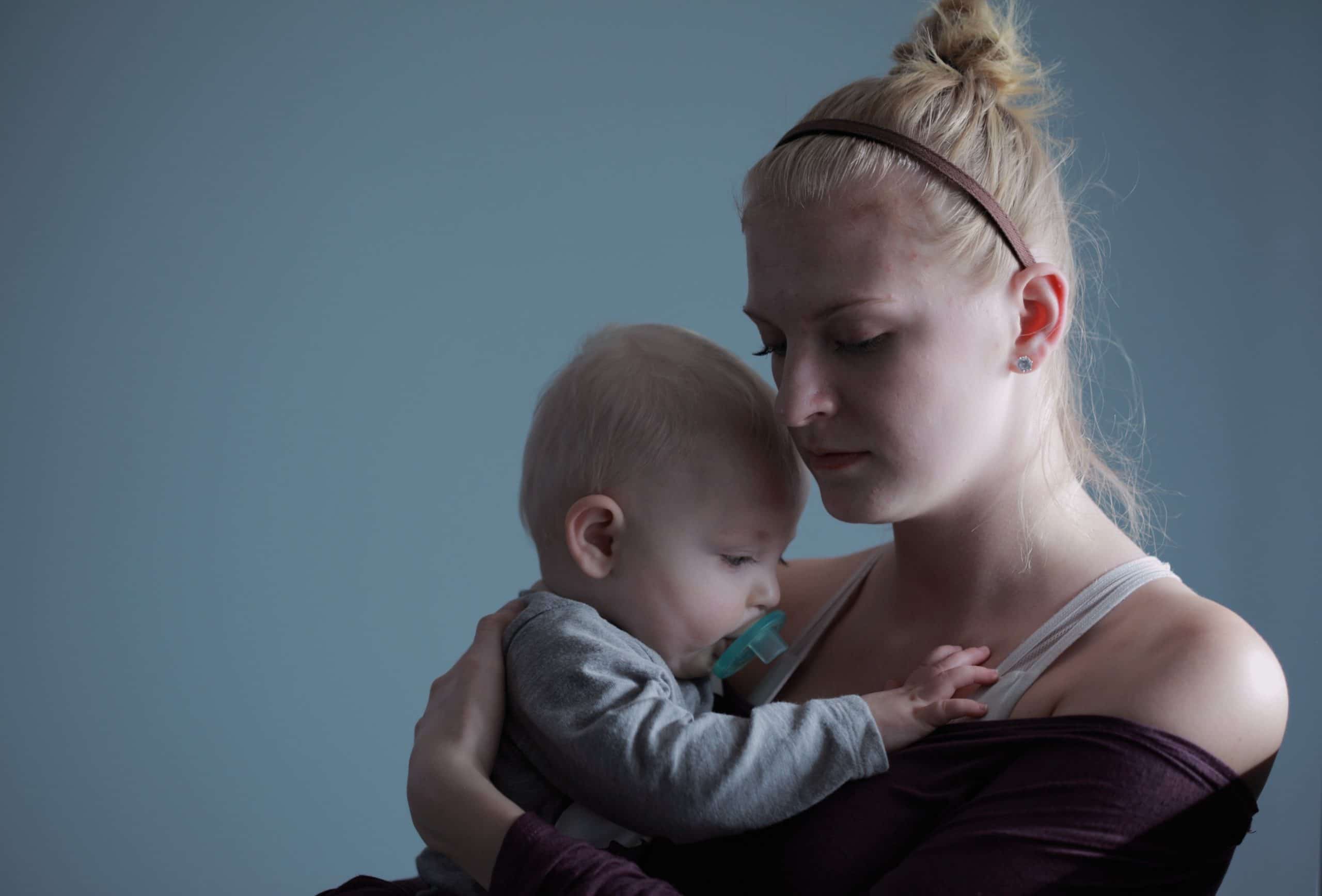Depression & Bipolar

Anger Management
When under control, anger is a normal part of any person’s life. However, being unable to manage anger can hurt personal relationships, careers, and people.

Bipolar Disorder
Bipolar disorder is characterized by both manic episodes and periods of depression. Manic episodes, or “mania,” are the emotional highs, while depressive episodes are the lows. Some people living with bipolar disorder will experience symptoms of mania and depression at the same time.

College & Graduate Student Mental Health
The first year on college or university campuses can be an exciting one full of new experiences for people receiving their undergraduate or graduate degrees. Amid the fun, some college and grad students may face mental health challenges and risk the onset of mental health disorders.

Creative Blocks and Writer’s Blocks
Although a creative block is not a diagnosable mental illness, it can still be related to psychological symptoms, including depression and anxiety.

Impulse Control Issues
If left untreated, impulse control issues can ruin lives and lead to losing jobs, broken relationships, and financial instability. The right treatment can help.

Men’s Mental Health
Men are at a higher risk of some mental health conditions than women, including substance abuse and antisocial disorders. In a recent study, men were more likely to externalize emotions than women through aggressive, impulsive, and non-compliant behaviors.

Mental Health for Creatives
Creatives face pressures unique to their work, which can contribute to their risk of mental health issues.

Mood Disorders
People with mood disorders experience a distorted or inconsistent emotional state that interferes with their ability to function. They may feel extremely sad, irritable, or experience periods of depression alternating with periods of mania.

Parenting
Parenting is different for everyone, and there’s no single set of circumstances related to parenting challenges.

Postpartum Depression
When a new mother’s sadness or other baby blues symptoms become more intense, last longer than two weeks, or begin to interfere with her ability to care for herself or her family, she may be suffering from postpartum depression.

Sexual Health and Dysfunction
Many people face challenges surrounding desire, arousal, and intimacy in sexual relationships. There are many treatment options available.

Skin picking (excoriation)
It’s common for people to pick at their skin occasionally – at pimples, for instance. However for some, it becomes compulsive and can’t stop.